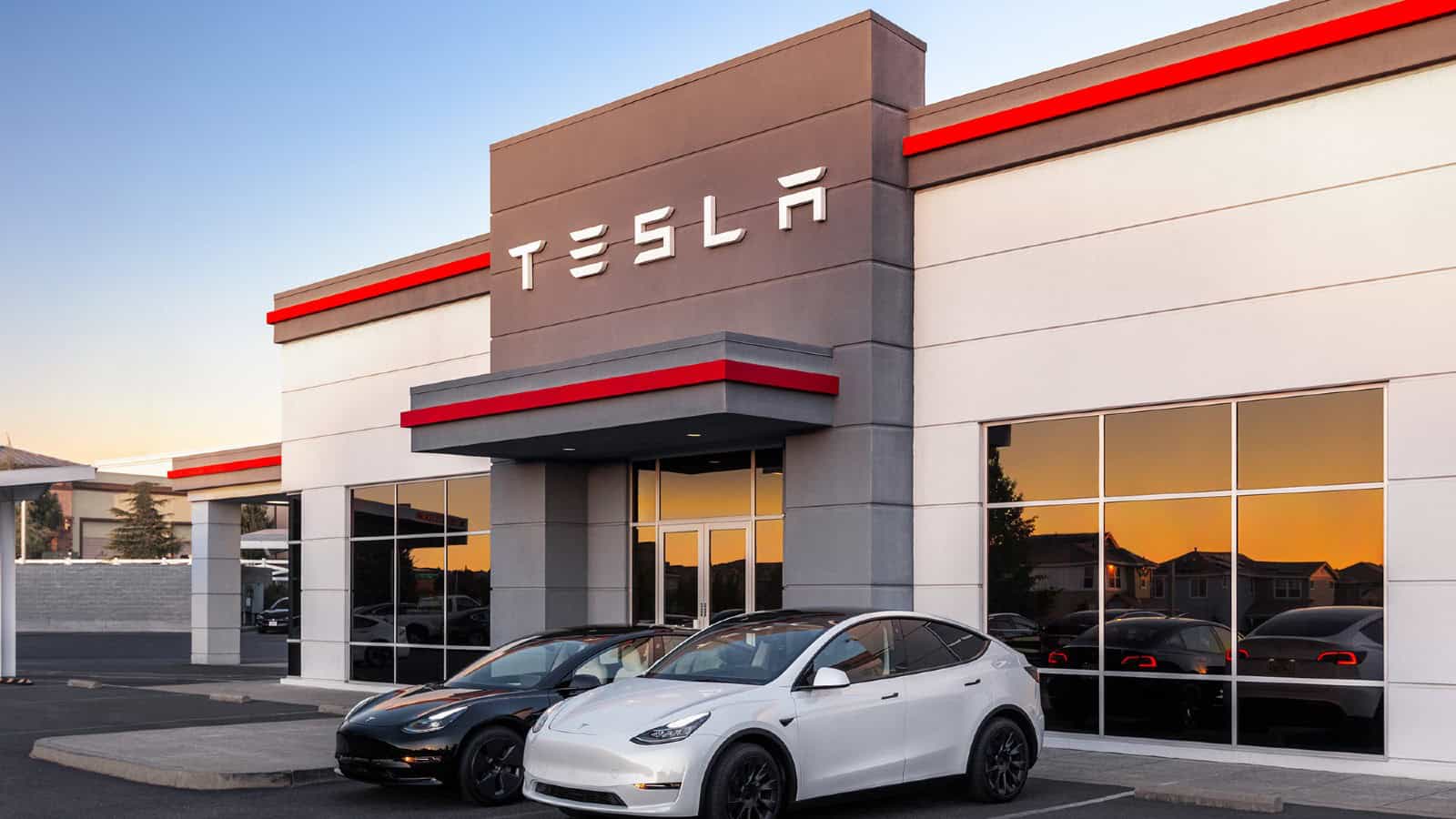Tesla's stock has experienced a remarkable 30% surge in just a month, reflecting a broader trend of investor optimism despite ongoing challenges. This increase positions the stock 82% higher than a year ago and has more than tripled over the past five years. Key factors driving this enthusiasm include Elon Musk's substantial $1 billion investment in Tesla shares, which signals confidence in the company's long-term value. Additionally, Tesla's recent quarterly report revealed record vehicle deliveries, further bolstering investor sentiment. However, this optimism must be tempered by the reality that many of these sales may have been accelerated by the impending expiration of electric vehicle tax credits in the U.S., raising questions about sustainable growth moving forward.
While Tesla's recent performance showcases impressive sales volumes and a strong energy storage division, significant hurdles remain. The end of EV tax credits could adversely impact profitability, and the stock's current valuation—trading at 253 times earnings—suggests it may be overvalued relative to its long-term prospects. The company still faces intense pricing pressure in the EV market, which complicates its profitability outlook. Although there is potential for growth through advancements in self-driving technology and robotics, these remain largely aspirational at this stage. Investors should weigh these factors carefully, as the stock's high market capitalization of $1.4 trillion raises concerns about its sustainability in the face of ongoing economic challenges.









